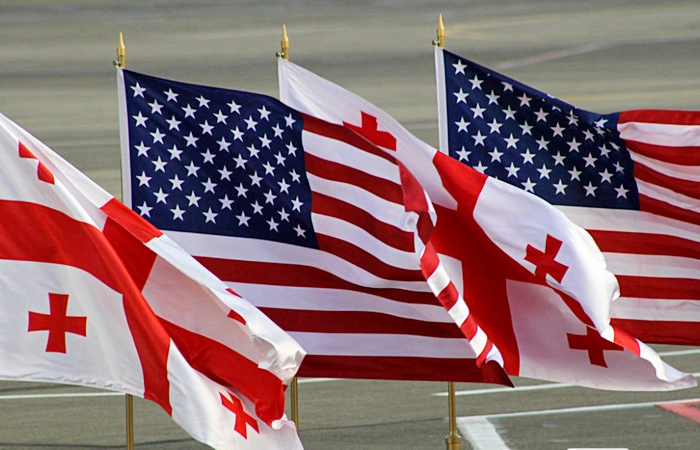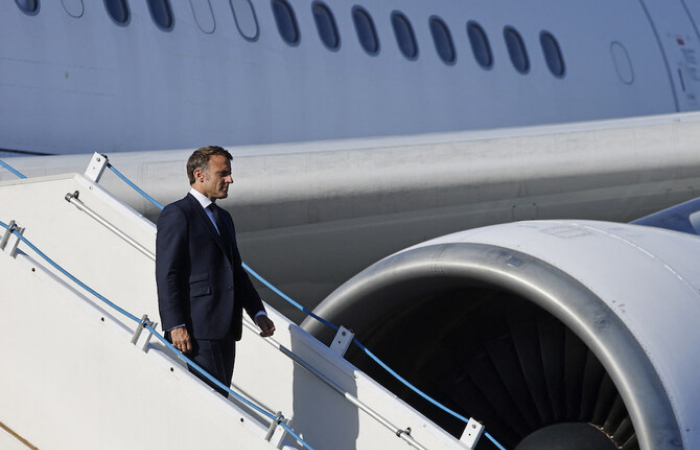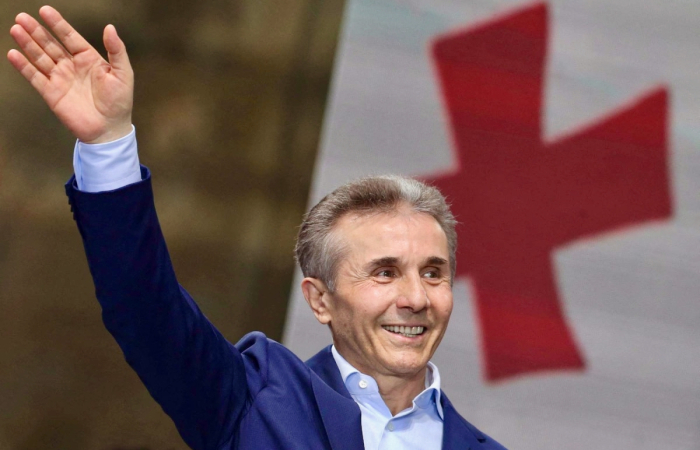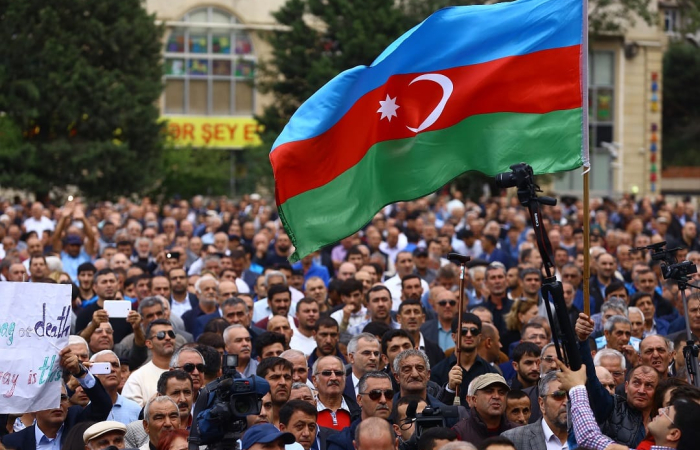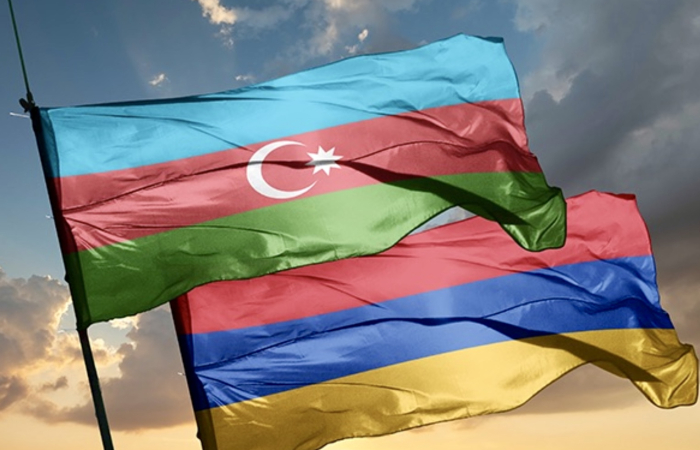Editor's choice
This is a members’ functionality. Please
Sign upEditorial
Trending
Editorial: Time is up for the Georgian Dream and its leader Bidzina Ivanishvili
2 December 2024
Time is up for the Georgian Dream and its leader Bidzina Ivanishvili. Many in Georgia accused the Georgian Dream of rigging the elections of 28 October, and in recent weeks there have been protests in Georgia calling for new fair elections and an investigation into what actually happened around the election period and the election process. The beating up of peaceful demonstrators in the streets of Tbilisi in recent days is an embarrassment to every decent Georgian Dream supporter.
That was bad enough, but what finally broke the government's support was the decision by the Georgian Dream two days ago to end its negotiations with the European Union with a view to Georgia's joining the EU or rather postpone the negotiations with four years.
This created a completely different situation. Because, first of all, EU membership and EU perspective is embedded in the Georgian constitution, so Georgian Dream has no power to actually renounce or delay this mandate. Secondly, for many people it brought up the whole question of future relations with the EU and the West, and in truth no one in Georgia wants to break relations and the decision of the Georgian Dream leaves it isolated and unable to claim the support of the whole society.
commonspace.eu editorial team





